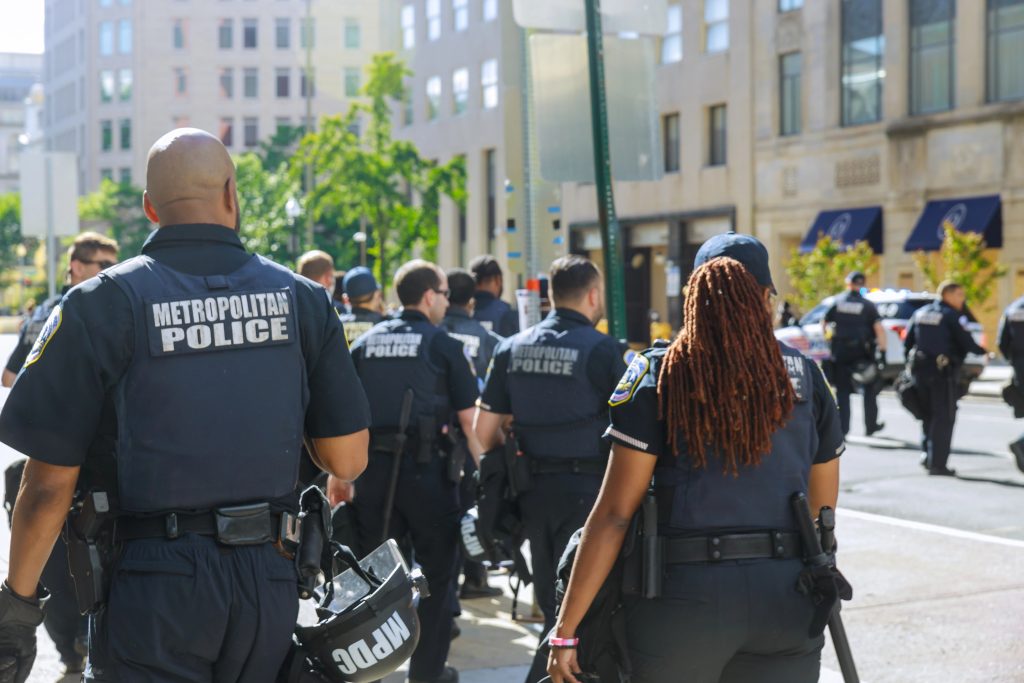
The surprise inundation of federal uniforms in the nation’s capital streets has left many residents asking themselves if their morning coffee is served with a side of constitutional confusion. As the federalization of the Metropolitan Police Department under President Trump and deployment of 800 National Guard soldiers unfold, understanding what different agencies can and cannot do has never been more crucial.
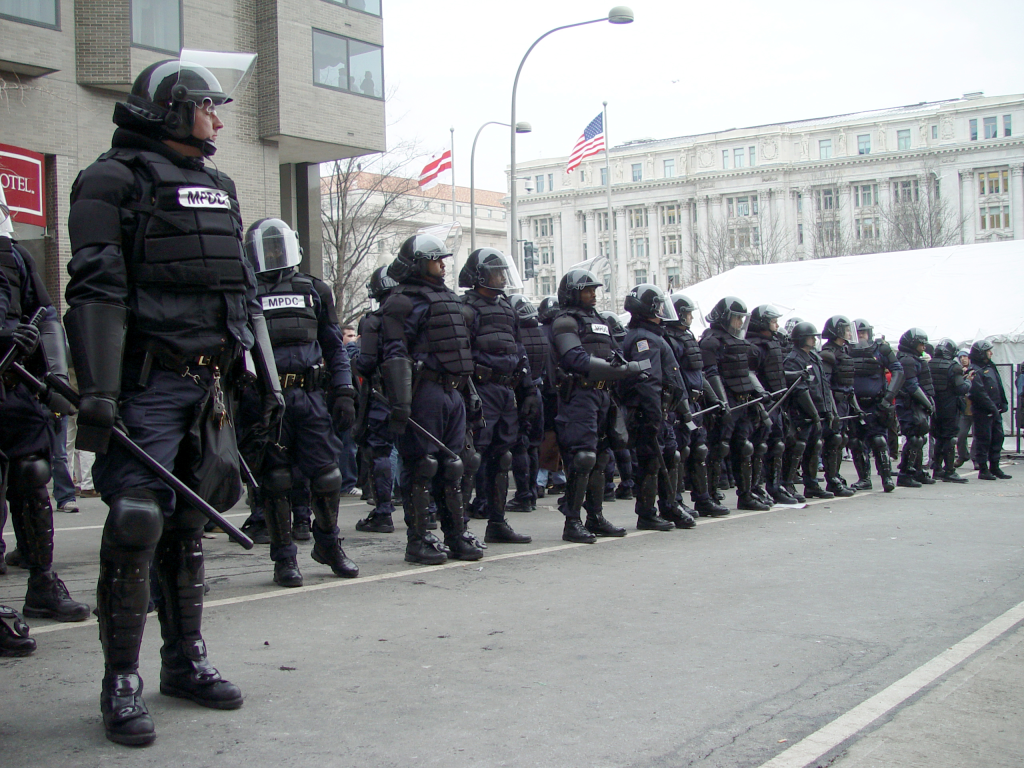
1. What D.C. Police Can and Cannot Demand
A key fact for residents settles it: D.C. police cannot force you to produce identification unless you are driving, in which case a driver’s license must be shown. The American Civil Liberties Union of D.C. emphasizes that anyone, regardless immigration status, has the right to remain silent. Police can pat-down for weapons if there is a perceived threat, but they cannot search bags or pockets without consent or reasonable suspicion. Consent can bite you in court, so the pros recommend sharply saying, “I do not consent to a search.”
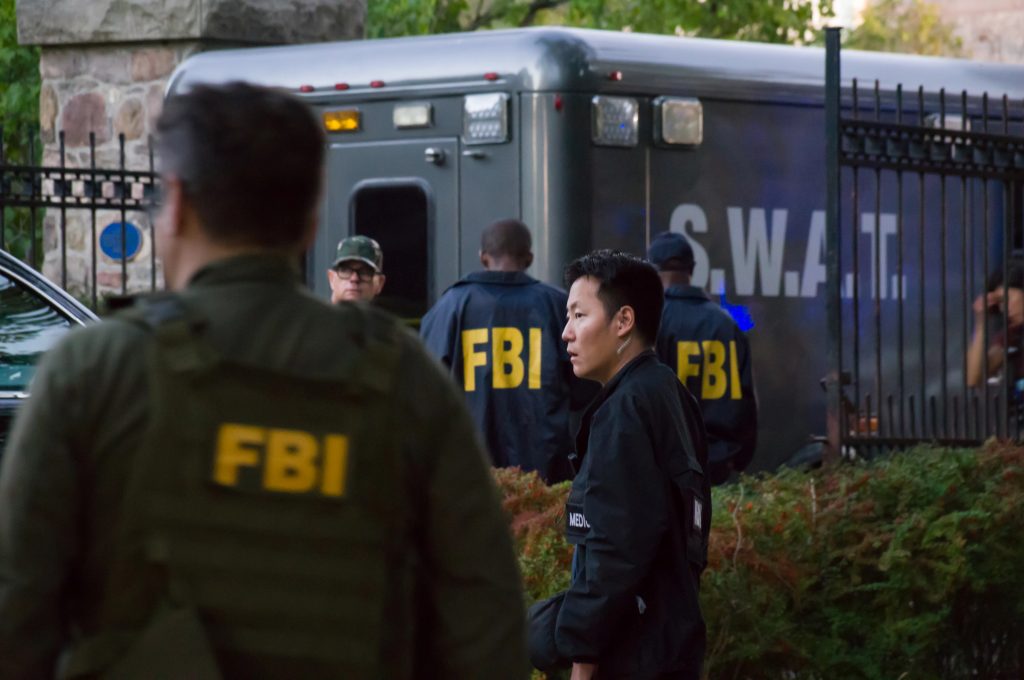
2. Federal Agencies Have Greater Latitude
Federal agencies like ICE, the FBI, and Homeland Security Investigations enjoy broader latitude. They may make warrantless arrests when they possess probable cause or in the case of ICE, even “reasonable cause,” a lesser standard. They can detain individuals in open areas, from the restaurant lunch area to the office building lobby, but need a warrant or owner consent to enter private property. Monica Hopkins of the ACLU of D.C. advises non-citizens: “Do not lie about your status or present fake documents.” If you do have immigration documents, you must present them when asked.

3. The Role of the National Guard
Although the Guard will have arrest powers under Title 32 status, Pentagon officials indicated that they will not be conducting law enforcement activities. Defense Secretary Pete Hegseth indicated their role is to support, but not replace, police but did indicate that they would be “proactive.” That is consistent with previous deployments in 2020 and since January 6, 2021, but with no endpoint explicitly declared this time.

4. Your Rights Are Uniform. Accountability Is Not
Hopkins highlights that “your rights are the same regardless of which law enforcement agency detains you.” The difference lies in oversight: local police are directly accountable, while federal agencies have fewer local checks. This has been a cause for concern, especially after Trump said he would let police “do whatever the hell they want” in order to curb crime.
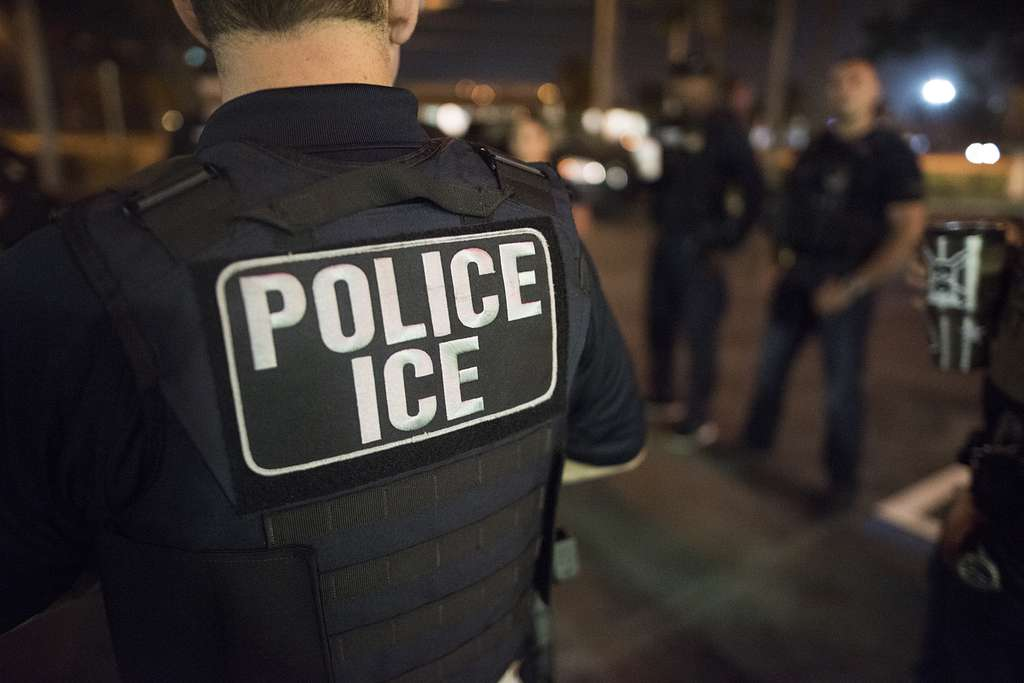
5. Recognizing the Agency in Your Presence
The majority of officers display badges or IDs, but there are exceptions. ICE agents have been seen around D.C. wearing masks and driving unmarked vehicles. Legally, they must identify themselves during an arrest “as soon as practicable.” Both ICE and D.C. police are authorized to use deceptive tactics, such as impersonation of another agency, in order to obtain information or gain entry.
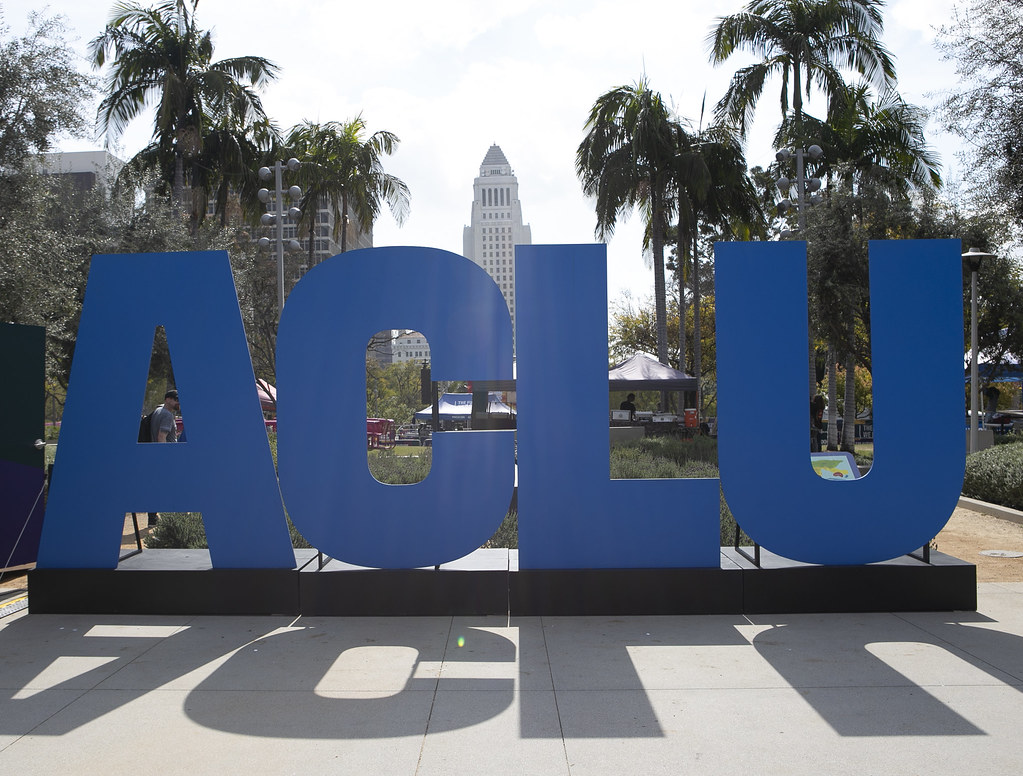
6. Checkpoints and the Limits of Their Authority
Recent stops on 14th Street have stoked protests and lawsuits. The Supreme Court ruling in 2000 in City of Indianapolis v. Edmond forbids checkpoints as a general crime control tool, reserving them for specific safety goals like deterring DUIs. But federal agents have been observed enforcing traffic regulations and questioning immigration status at the checkpoints, blurring legal lines. ACLU’s Scott Michelman warns such checkpoints are “evocative of a police state.”
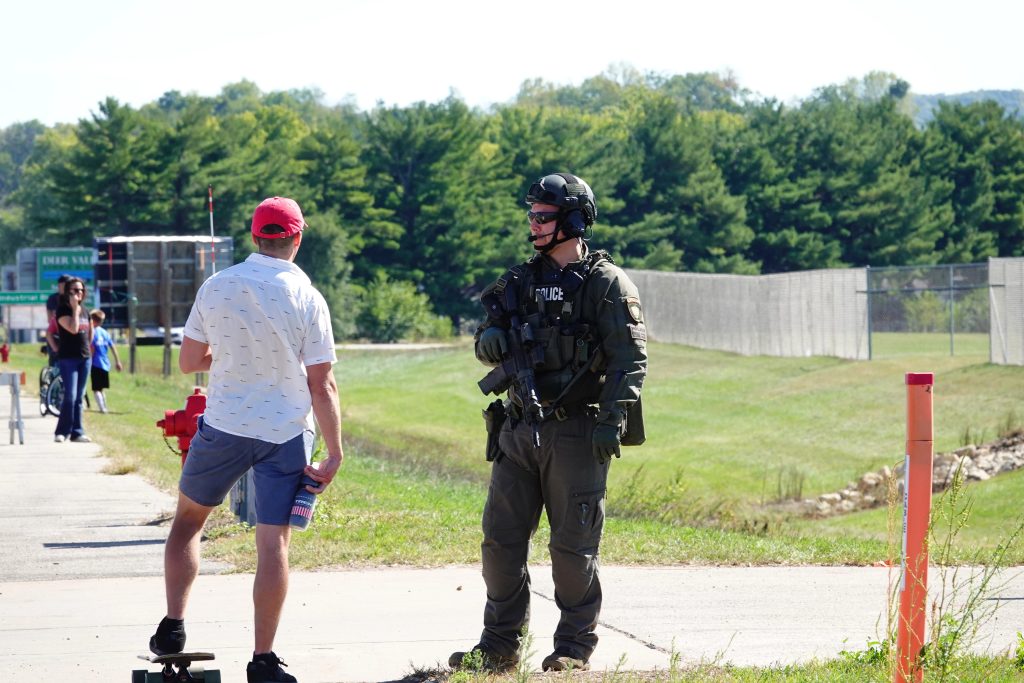
7. Daily Techniques for Staying Safe and Calm
Legal commentators and organizers advise some grounding techniques in interactions:
- Verbalize your right to silence.
- Tell them, “Am I free to leave?” and de-escalate slowly if the answer is yes.
- Politely decline warrantless searches.
- When recording an interaction, stay back safely and refrain from intervening.
- For foreign nationals, bring required documents if possible, but never surrender passports unless it is the law.
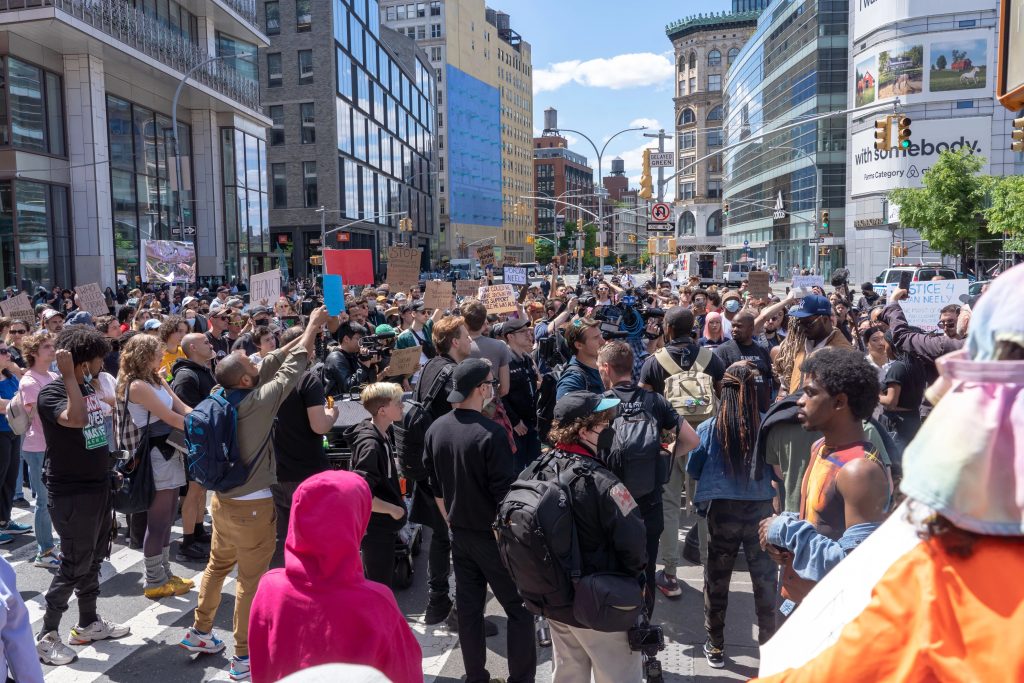
8. Historical Context and Civil Rights Issues
The president can take over the police temporarily in “special emergency conditions” under the special status given to the District by the Home Rule Act of 1973. There isn’t such an emergency, lawmakers argue, citing that crime fell for a second consecutive year last year. Federal intrusions upon local law enforcement have often spawned civil rights complaints in the past, from the dismantling of illegal D.C. checkpoints in the Trinidad neighborhood to court cases challenging racially directed roadblocks in Mississippi.

9. Dealing with the Anxiety of Greater Enforcement
Psychologists say that overt militarization of public space can trigger a feeling of fear, especially among already over-policed communities. Grounding techniques like focusing on slow, deep breaths, or having a mental list of rights can help remain composed. Networks within the community also play a role; knowing who to call, where to find legal support, and how to report helps regain a sense of control amid stressful moments.
As D.C. has come to navigate this unparalleled overlap of local and federal law enforcement, information is the best defense one can have. Familiarity with the boundaries of authority and the ways in which one can protect one’s rights can allow residents to move through the city both cautiously and with assurance.


